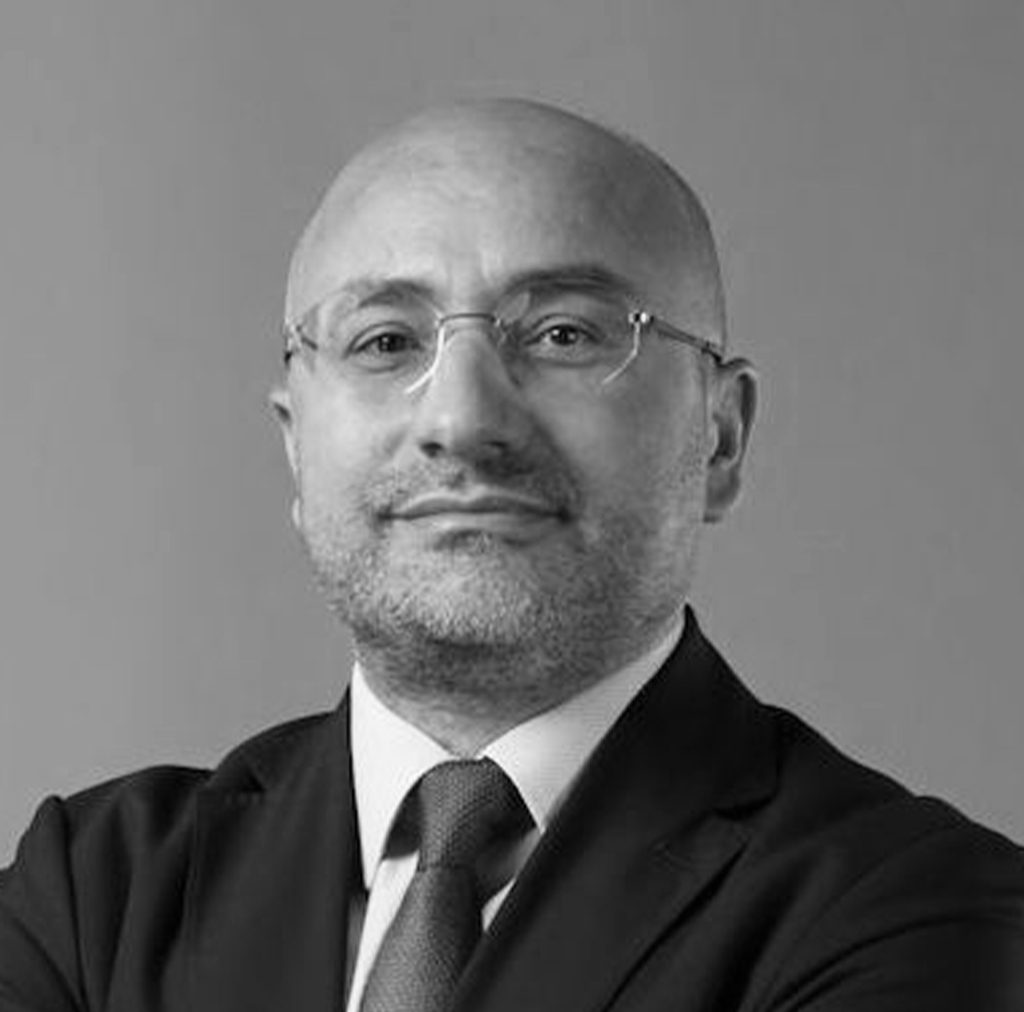For the sake of humanity's future, Israel must be stopped.
Israel has committed every act against Palestinians that history deems a crime. It has massacred children, women and the elderly. It left survivors hungry and thirsty. It committed genocide before the eyes of the world. It attacked other countries' lands and bombed embassies. It has been found guilty of crimes against humanity and war crimes by the highest international courts.
Despite all this, the United States and Western countries have consistently supported Israel. They applauded war criminal Benjamin Netanyahu, encouraging him to commit more massacres. They did not see complicity in genocide and massacres as an issue.
Empowered by this support, Israel seeks to expand the war in the region. To trigger a full-scale regional war, it attacked the capitals of five countries in the Middle East on the same day. In Lebanon, it targeted Hezbollah commander Fuad Shukur. In Tehran, it martyred Hamas Political Bureau Chief Ismail Haniyeh. On the same day, it carried out similar attacks in Iraq, Syria and Yemen, announcing the death of Hamas military chief Mohammed Deif. Even after these attacks, the initial reactions from the United States and some Western countries remained unchanged. They reiterated their support for Israel.
From the beginning, Netanyahu's plan was a regional war involving Iran. He aimed to drag the United States into the war by saying, "I am fighting against Iran for you." Until now, both Iran and the United States did not want the war to spread in the region. Tehran's response to attacks against Iran was always limited. Israel, however, continually provoked Iran into war. With these recent assassinations, Iran feels compelled to give a stronger response for its own deterrence and influence over its proxies. The likelihood of the region being drawn into a full-scale war increases with each retaliatory attack.
Measures must be taken against Israel to prevent a new world war and to avoid plunging the world into a chaotic process. Israeli Prime Minister Netanyahu wants to prolong the war, considering his own political future. He rejects peace, negotiations and a cease-fire. He sees the United States presidential elections as an opportunity to continue his massacres and attacks. He aims to expand the war, targeting Iran and its proxies, using the period until the elections to carry out every possible attack.
So far, Israel has not achieved its desired goals. Despite the support from the United States and some Western countries, Israel's legitimacy and isolation in the international system have increased. It is increasingly viewed as an ostracized state for not recognizing international law, agreements, and United Nations resolutions. More countries officially recognize and defend Palestine's rights and future. Decisions by the International Criminal Court and the International Court of Justice regarding Netanyahu and other Israeli leaders increase the questioning of Israel's legitimacy as a state.
However, these are not enough to stop Israel. As long as the West does not take deterrent and effective steps, Israel will not refrain from actions that could trigger a regional war. It will continue its massacre policies, deepening global crises. Unless the United States and the West take steps to stop Israel, a regional war will have shocking impacts on the global system's future.
From the very beginning, Türkiye has made great efforts to stop Israel's massacres. Türkiye tried every diplomatic means to mobilize the international community. In light of the regional war risk, Türkiye accelerated mechanisms to increase cooperation, especially with the Syrian regime.
The only way to stop Israel in the region today and in the future is to be strong. President Recep Tayyip Erdoğan's statement, "we must be stronger," applies not only to Türkiye but also to the other countries in the region. Foreign Minister Hakan Fidan's mention of the need for a "security alliance" between Türkiye and Arab countries should be understood in this context.







